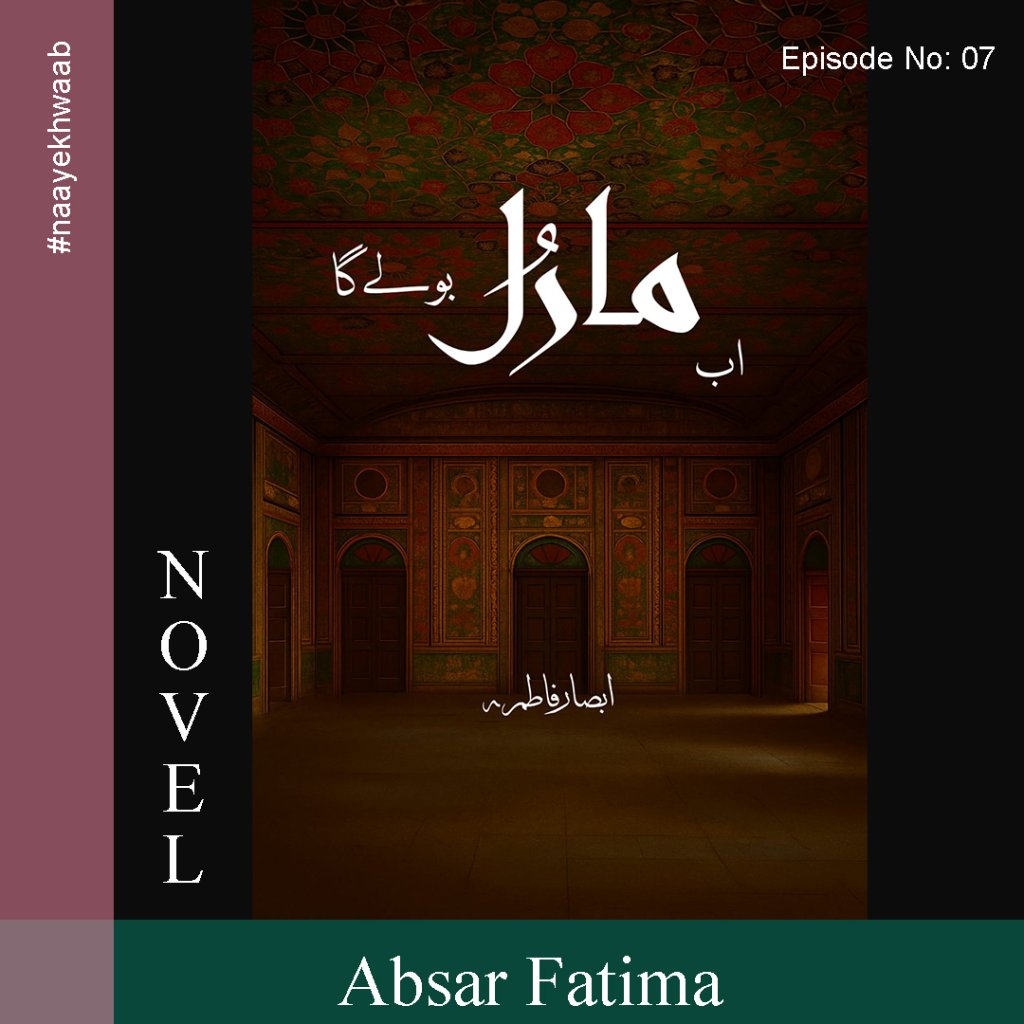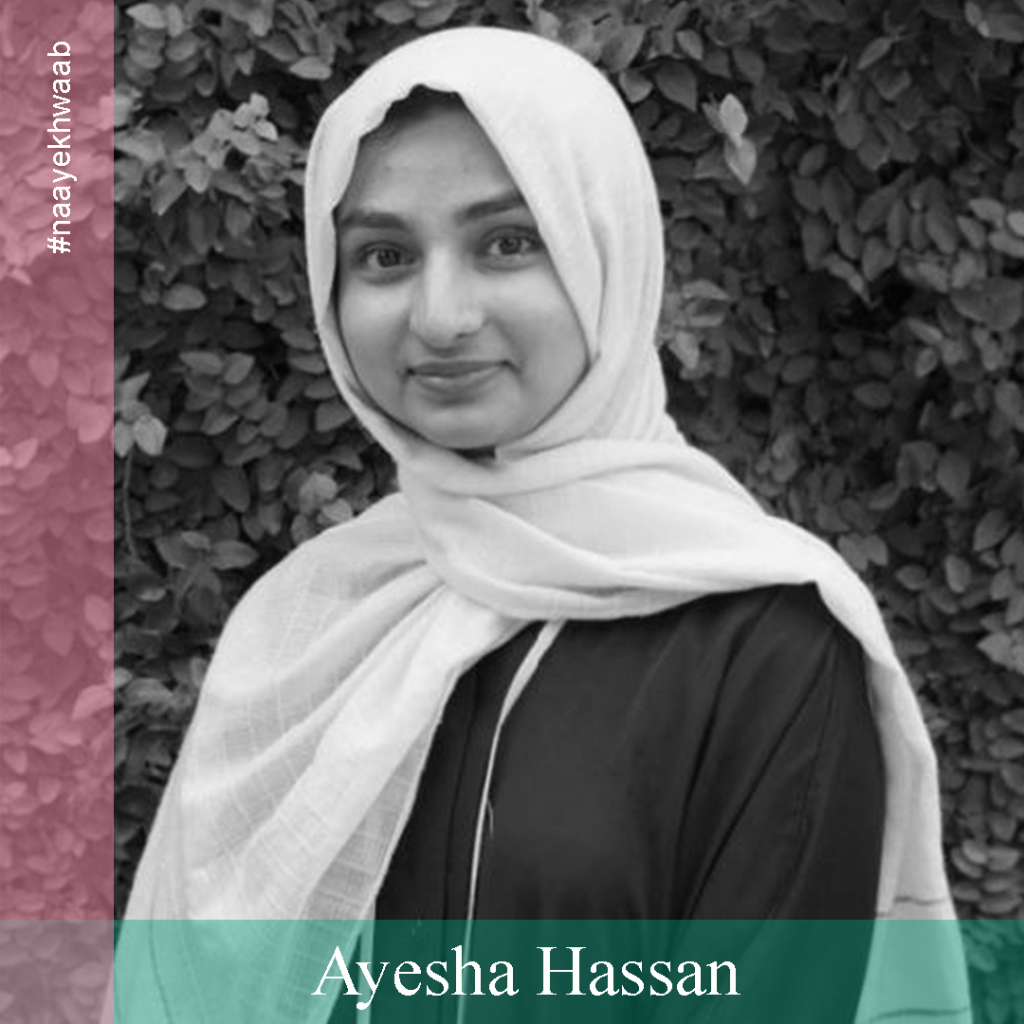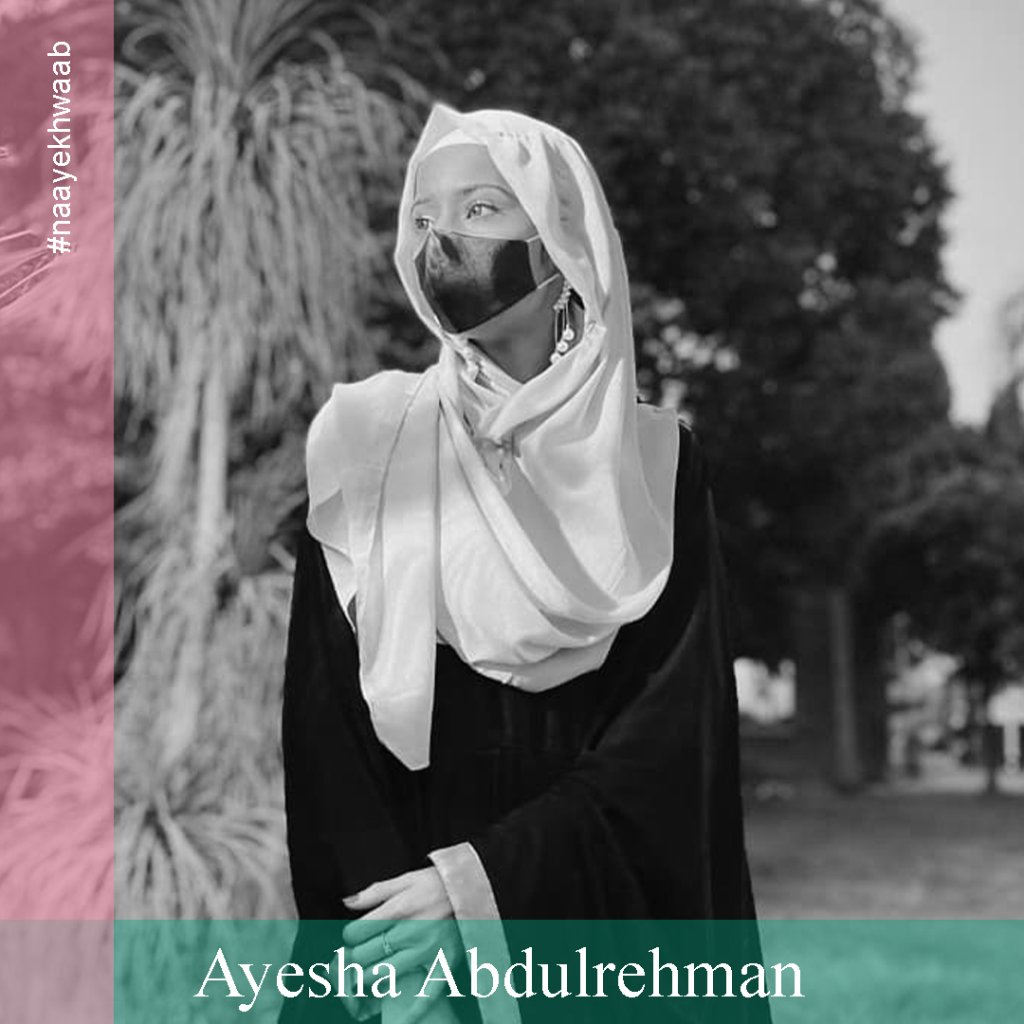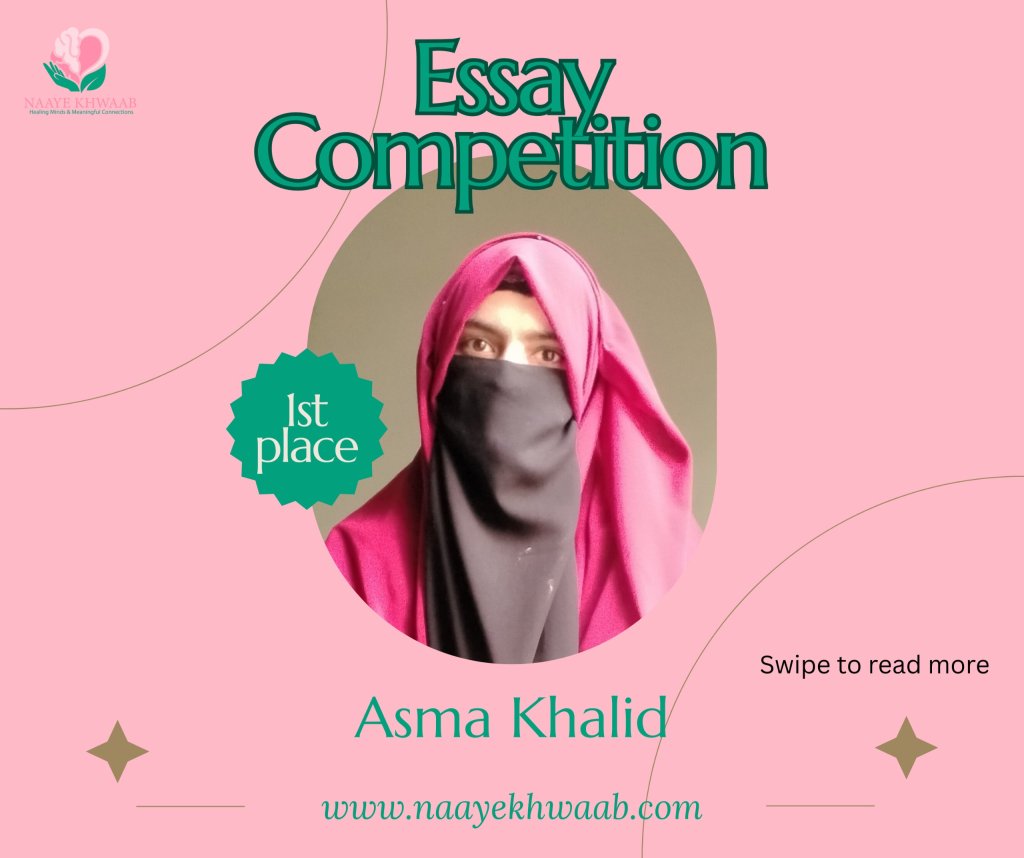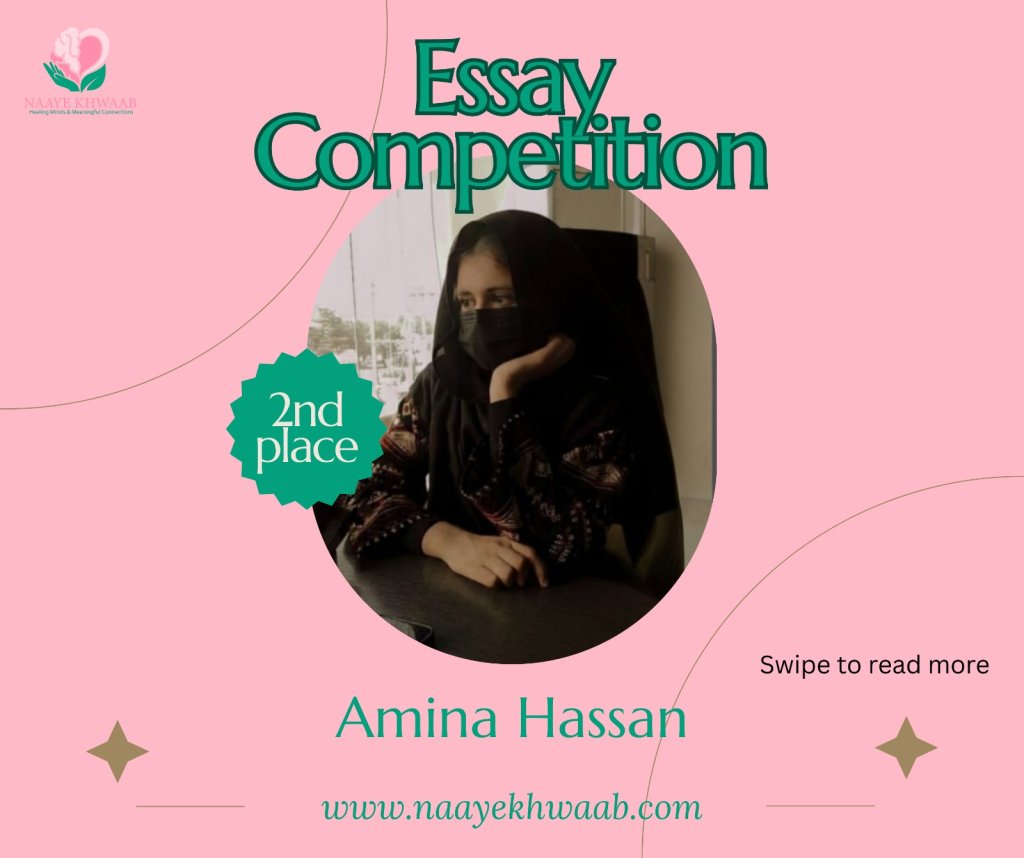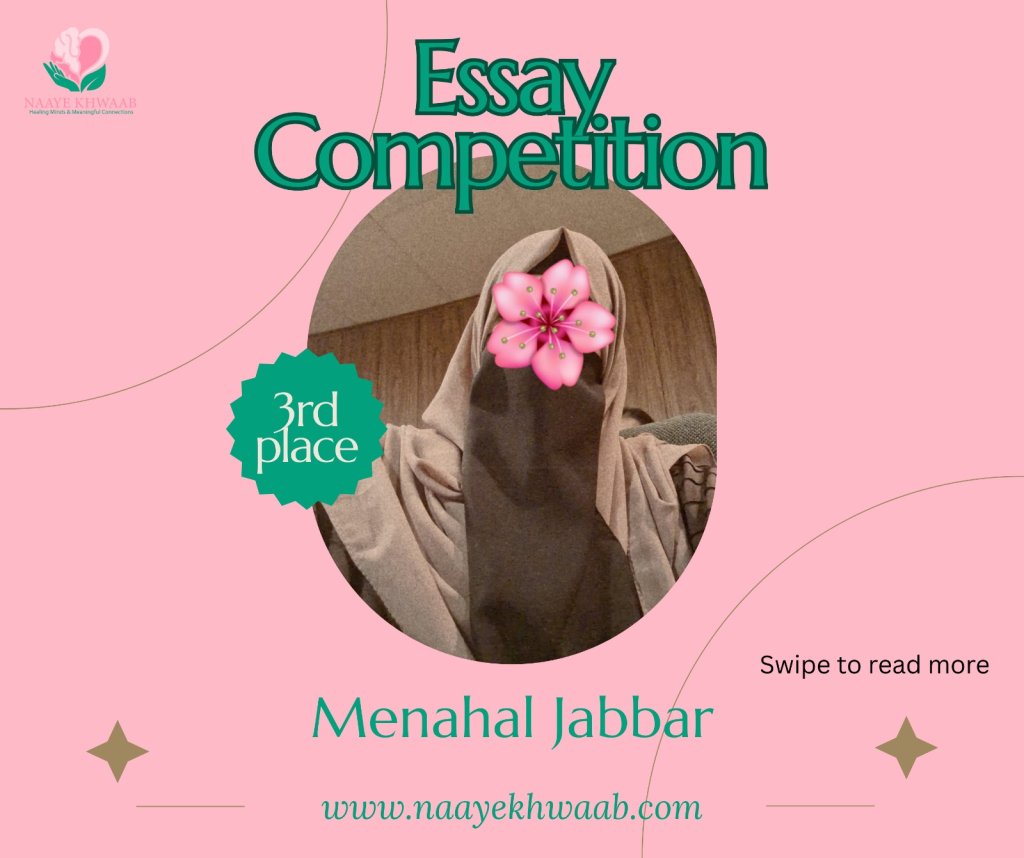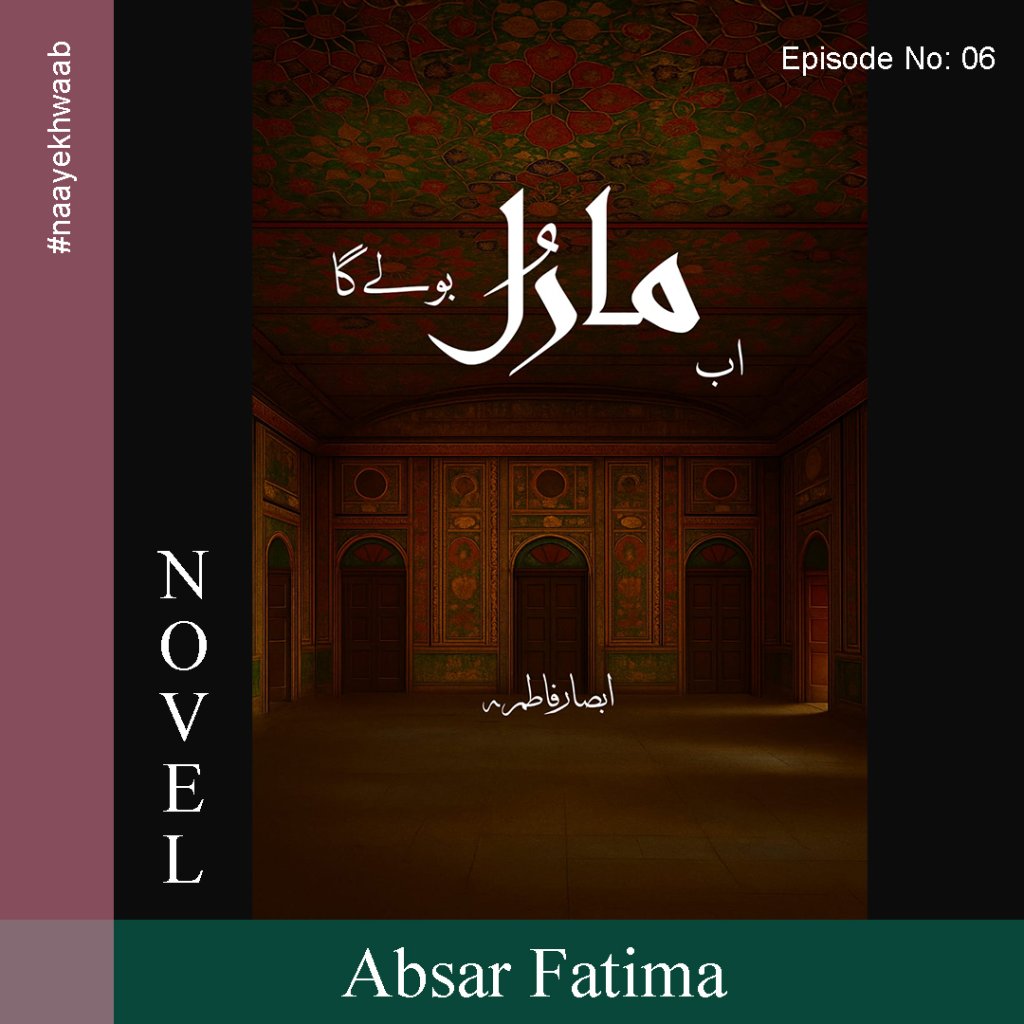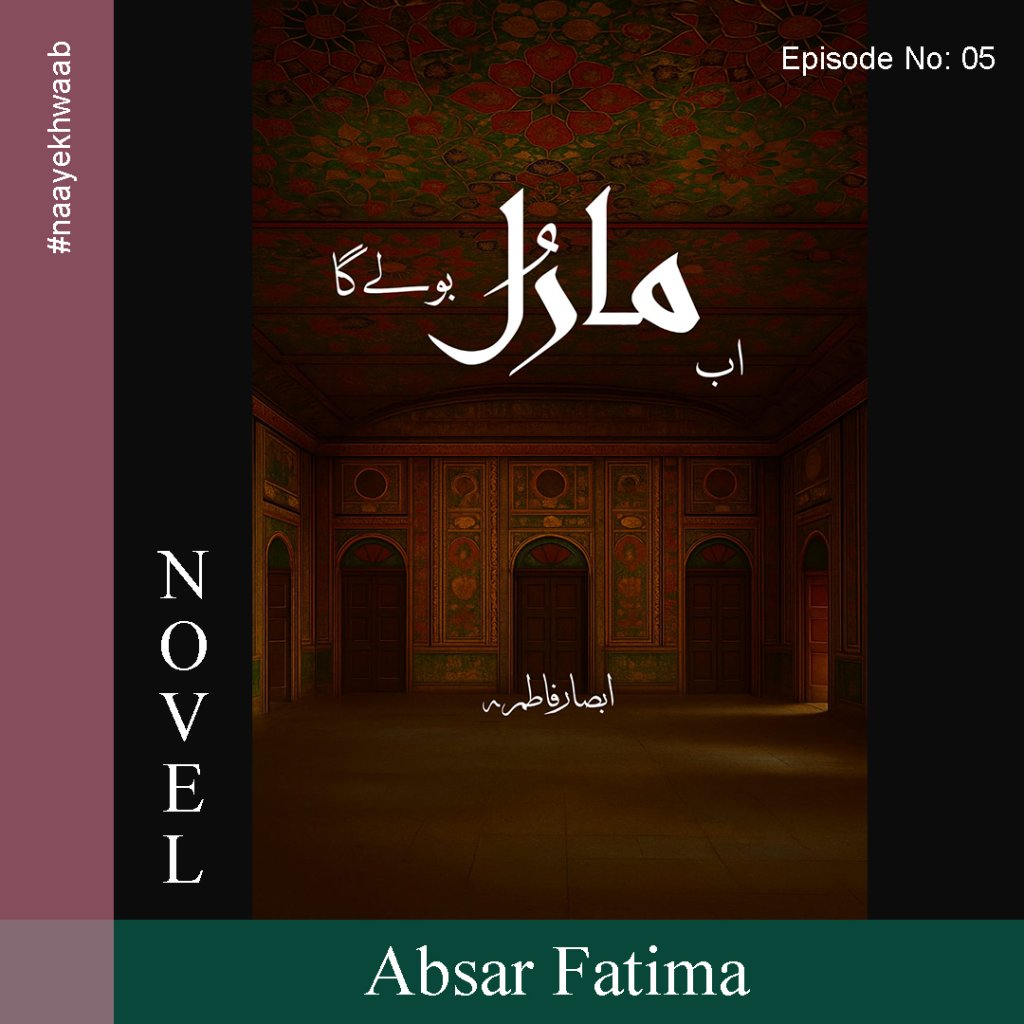اب مارل بولے گا قسط 7
اب مارل بولے گا قسط 7 مارل اب روز، جب بھی راہداری ویران دیکھتا کچھ دیر کے لیے ماروی کی تصویر نما خطاطی کے سامنے کھڑا ہوجاتا۔ شروع شروع میں جب اسے لگا تھا کہ ماروی اس سے بات کر رہی ہے۔ اور سن پارہی ہے۔ اس نے اسے بہت کچھ بتانا چاہا۔ مگر کچھ کہنے کی بجائے حلق میں ہی آواز گھٹ گئی اور کئی دن بس یوں گزر گئے کہ وہ آتا، ماروی کے سامنا کھڑا ہو کے روتا رہتا اور پھر آنسو پونچھ کے دوبارہ کاموں میں لگ جاتا۔ مگر اب آہستہ آہستہ وہ ماروی سے باتیں کرنے لگا تھا۔ پہلے دن کے بعد سے دوبارہ کبھی ماروی نے جواب نہیں دیا تھا مگر اسے ابھی بھی لگتا تھا کہ ماروی اسے سن رہی ہے۔ اور کبھی نہ کبھی دوبارہ اسے پکارے گی۔وہ اسے بتاتا کہ اکثر راتوں میں اس پہ کیا گزرتی ہے۔ درد ختم نہیں ہوا تھا مگر اب برداشت کے قابل لگنے لگا تھا۔ جیسے ابلتے پانی میں کوئی تھوڑا سا ٹھنڈا پانی ملا دے۔ اور کچھ لمحوں کے لیے ابال کو چھپا دے۔ —————- فرزانہ کو نہیں پتا کہ شمائلہ نے نور علی سے کچھ کہا یا نور علی خودہی کچھ سمجھ گیا مگر اس دن گھر آکر فرزانہ کو خود کہنے کے ضرورت نہیں پڑی کہ وہ گاؤں جانا چاہتی ہے۔ کچھ دیر تو گھر پہنچ کر دونوں کے درمیان ان دیکھا کھنچاؤ رہا، فرزانہ خاموشی سے باورچی خانے میں چائے بنانے لگی اور نور علی لاؤنج میں نیچے کارپیٹ پہ لیٹ گیا۔ فرزانہ نے لاکر چائے نور علی کے سرہانے کے قریب رکھ دی اور پلٹ کر جانے لگی۔ “فئیری! اس ہفتے کو گوٹھ چلتے ہیں۔” فرزانہ نے پلٹ کر دیکھا تو نور علی گاؤ تکیے سے ٹیک لگا کر بیٹھ چکا تھا۔ اس کا دل چاہا کہ پوچھے اگر شمائلہ نے اس سے کوئی بات کی ہے لیکن پھر خود ہی لگا کہ ابھی اس بات کے لیے مناسب وقت نہیں۔ وہ ابھی بھی دل و دماغ میں جذبات پکتے محسوس کر رہی تھی۔ کوئی ایک بات بھی اونچی نیچی ہوتی تو آسانی سے بگڑ جاتی۔ دو ہی دن تو رہ گئے تھے ہفتہ آنے میں۔ ” ٹھیک ہے۔ سادہ کپڑے لے کر چلوں یا وہاں کوئی دعوتوں کا ارادہ ہوگا؟” ” ہاں، زیادہ تر تھوڑے ہلکے فینسی کپڑے ہی رکھ لو۔ پہلی دفعہ وہاں چل جائیں گے۔ دعوتوں کا ابھی مجھے بھی نہیں پتا۔” “اور برقعہ وغیرہ؟” “برقعہ وہاں کم خواتین ہی پہنتی ہیں، اس کی فکر نہ کرو، چادر یا بڑے دوپٹے سے کام چل جاتا ہے۔ ویسے بھی میرا ارادہ ہے کہ ادا رفیق کی گاڑی لے چلیں۔ گھر کے اندر اتریں گے وہیں سے واپسی۔” “تم نے کہا تھا کہ ادا رفیق نے گاڑی بیچ دی ہے۔” “ہاں بیچی تھی نئی لینے کے لیے ناں، تو مہران بیچ دی آلٹو لے لی، دو ہفتے پہلے۔” فرزانہ بتدریج اپنے اعصاب کو پرسکون ہوتا محسوس کر رہی تھی۔ اس نے حیرت سے آنکھیں پھیلائیں۔“تمہارے ادا رفیق کے پاس ٹھیک ٹھاک پیسہ ہے۔” نور علی نے فئیری کی بات پہ شرارتی انداز میں بھنویں اچکائیں جیسے دونوں کو پتا ہو کہ پیسہ کہاں سے آرہا ہے۔ دو دن کیسے یک دم گزر گئے پتا ہی نہیں چلا۔ جب تک گاڑی ہائی وے پہ چلتی رہی سفر کسی بھی دقت کے بغیر طے ہوتا رہا۔ مگر جیسے ہی گاڑی نے اندرونی رستوں کی جانب رخ کیا دھول اور دھچکوں نے غنودگی میں جاتی فرزانہ کو مکمل طور پہ جگا دیا۔ اردگرد نظر آتے کھیت کافی دلفریب تھے مگر غیر ہموار سڑک سے گزرنا کافی صبر آزما تھا۔ “نور، یہ وڈیرے خود ہی الیکشن میں کھڑے ہوتے ہیں خود ہی جیتتے ہیں تو سڑکیں کیوں نہیں بنواتے یار۔” فرزانہ بہت دیر تک اپنے اندر گھونٹتے سوال کو لبوں تک لے ہی آئی۔ نور علی نے اسٹئرنگ سے ایک ہاتھ اٹھا کے انگلی اپنے ہونٹوں پہ رکھی۔ ” ابھی چند دن سب صرف غور سے دیکھو۔” “یہ کیا بات ہوئی۔” “کچھ عوامل تم خود دیکھو گی تو ان کا پس منظر بتانا اور ان کے سرے جوڑنا آسان ہوگا۔”” ہمم ٹھیک ہے۔” گاڑی کچھ ہی دیر بعد بالآخر ایک بڑے احاطے میں داخل ہوگئی۔ احاطے میں گیٹ کے ساتھ کچی پکی ملی جلی اینٹوں سے کچھ دور تک دونوں اطراف میں دیوار بنی تھی مگر کچھ آگے جاکر وہ دیوار جھاڑیوں سے بنی باڑھ میں بدل گئی تھی۔ دائیں طرف چار بھینسیں بندھی تھیں، ان سے کچھ دور تین بکریاں تھیں۔ چند مرغیاں اور بطخیں ادھر ادھر گھوم رہی تھیں۔ ان میں سے ہی ایک سرمئی اور بھوری بطخ کو مٹک مٹک کے چلتے دیکھ کر فرزانہ کی نظر اس کے ساتھ بندھ سی گئی بطخ قریب ہی گزرتی پانی کی ایک لکیر کے پاس جاکر رک گئی۔ یہ لکیر کہیں پیچھے سے بہتی ہوئی آرہی تھی۔ فرزانہ کی نظریں اس لکیر سے پیچھے پانی کا منبع تلاش کرنے لگیں جو جلد ہی مل گیا کچھ ہی دور سیمنٹ سے بنے چوکور سے ٹکڑے پہ ایک ہینڈ پمپ لگا تھا جہاں کی نالی سے یہ پانی بہتا ہوا آگے کہیں احاطے سے باہر نکل رہا تھا۔ اسی سیمنٹ کے ٹکڑے کے ساتھ تین سیڑھیوں کی بلندی پہ دو کمرے ایک ساتھ بنے ہوئے تھے جن سے آتی مخصوص بو سے اندازہ ہوا کہ وہ غسل خانہ اور بیت الخلاء ہیں۔ بو کے باوجود فرزانہ کو کچھ سکون محسوس ہوا۔ “فرزانہ!” نور علی کی آواز اور انداز دنوں پہ ہی وہ چونکی۔ اپنے فرزانہ کہے جانے پہ اس نے شرارتی طنز سے نور علی کو گھورا اور اس کے پیچھے چل دی۔ نور علی کا رخ بائیں طرف بنے کمروں کی طرف تھا۔ یہ دو بڑے بڑے کمرے تھے جن کے سامنے بر آمدے میں تین پلنگ رکھے تھے ان میں سے ایک پلنگ پہ ایک بزرگ خاتون بیٹھی تھیں۔ برآمدے کے کونے میں ایک چولہا رکھا تھا جس میں نور علی کی والدہ کی سی عمر کی ایک خاتون کچھ پکانے میں مصروف تھیں۔ فرزانہ کو ابھی تک ایک بھی شکل جانی پہچانی نظر نہیں آئی تھی۔ کھانا پکاتی خاتون کی نظر ان دونوں پہ پڑی تو وہ دوپٹہ سر پہ

